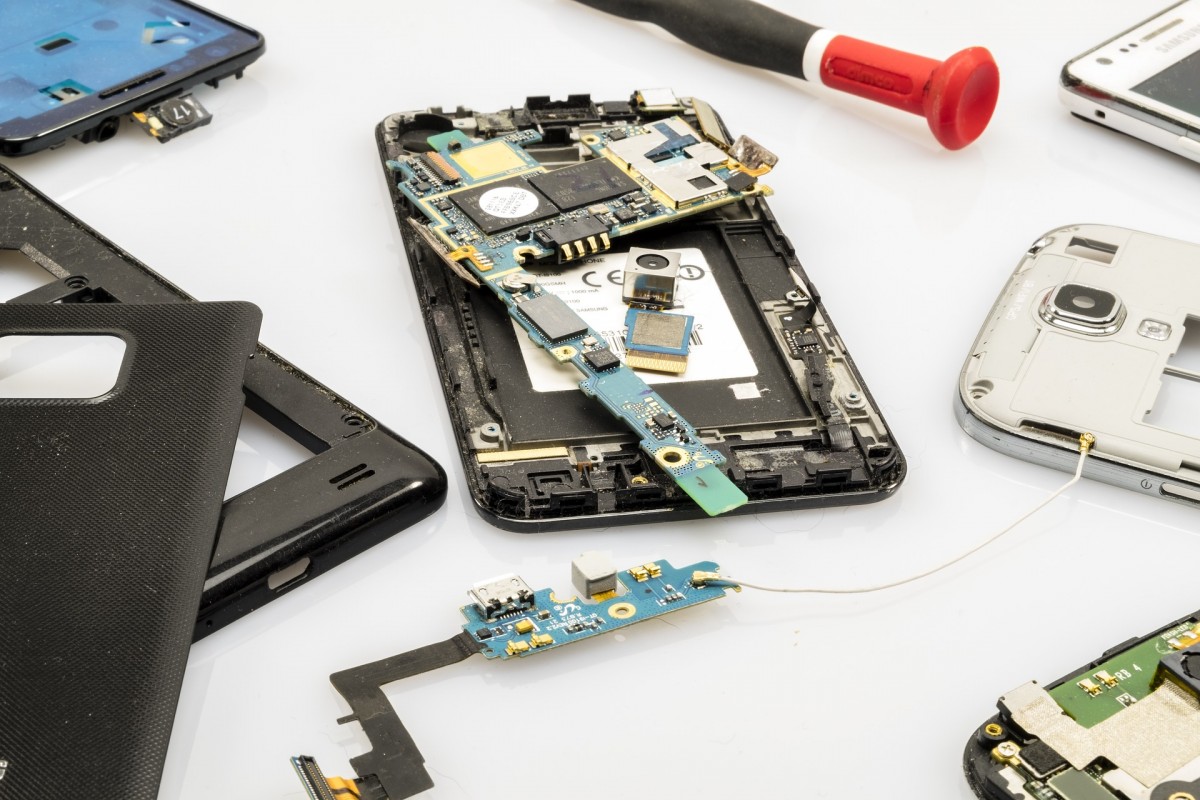MEPs are set to call for new measures to promote a culture of repair and reuse and support second-hand businesses and local repairers.
On 23 November MEPs will discuss what concrete steps should be taken to promote sustainable consumption in the European single market, including the “right to repair” by making it easier and cheaper for consumers to have products repaired.
Why is encouraging sustainable consumption important?
David Cormand, a French member of the Greens/EFA group, noted in his report on a more sustainable single market that in 2019 the EU’s ecological footprint had already exceeded the capacity of the planet’s ecostems on 10 May, which is known as EU Overshoot Day. This means that if everyone consumed as much as people in the EU, we would need 2.8 planet Earths.
The reports also says that the current system of products’ built-in obsolescence and lack of access to spare parts, information about guarantees and repair possibilities pushes people to buy new items instead of repairing them. Some 59% of consumers do not know that the legal minimum guarantee period in the EU is two years.
Find out more on the importance and benefits of the circular economy
Attitudes of Europeans toward reuse and repair in numbers
It’s also pretty clear there is public demand for sustainability. According to a Eurobarometer survey, 77% of Europeans try to repair items before replacing them and the European Commission’s 2018 behavioural study says consumers are three times more likely to buy a product if it is labelled as durable and repairable.
Some 79% of EU citizens say that manufacturers of digital devices should be required to make it easier to repair or replace individual parts.
Check out facts and figures about the EU’s waste management
How do MEPs want to achieve sustainable consumption?
The report on a sustainable single market calls for a genuine ”right to repair”, meaning the repairs should be simple and affordable. MEPs want better access to information on repairs, promotion of home repairs, support for local, independent repairers and a guarantee to cover product repairs. They also want to solve the issue of intellectual property rights that leave the right to repair only with a designer or distributor.
In addition, they are calling for legislation on labelling to indicate the durability and reparability of a product
MEPs also want to promote a culture of reuse. If consumers are to trust pre-owned products, they need transparency, as well as guarantees, certifying the condition of products. They welcome business models based on renting, but suggest they should be examined closely to ensure their long-term viability.
Members suggest digital technology could be used to promote a sustainable market by setting up a common database and a product passport for better tracking of products and their parts along the entire value chain; information exchanges between producers and consumers; and more effective market surveillance.
Proper analysis is needed to judge whether a given technology is environmentally friendly for its entire life cycle, from raw material extraction and the reuse of secondary raw materials to end-of-life processing, including manufacture, transport and use.
They also note the possibility of the rebound effect, which occurs when efficiency gains make a product or service less expensive, thus driving up production and consumption.
The reports calls for public institutions, which account for 16% of the EU’s gross domestic product , to set an example by prioritising small, local and sustainable companies in public tenders.
MEPs also want more responsible advertising, including rules covering the extraction of personal data for personalised ads and greenwashing, which is when companies give the impression that a product is more environmentally friendly than it really is.
europarl.europa.eu
pixabay


















